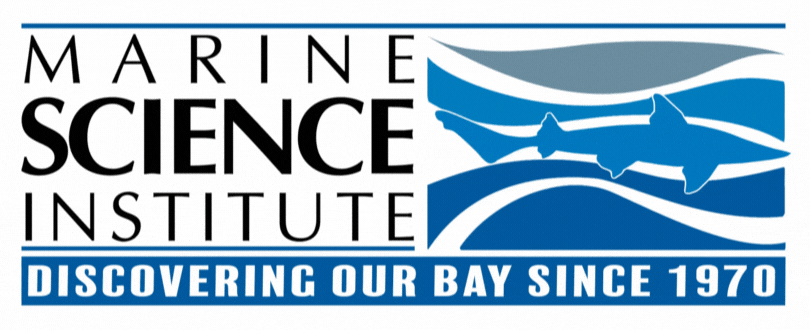
A commonly known fact is that we know more about space and the solar system, expanding billions of miles from earth, than we know about our own ocean! Deep sea exploration has been happening since the mid 1800's, that’s over 150 years, but we are still learning and discovering new information each day. The depths of the oceans reach, averages 12,100 feet or 2.3 miles (the Challenger Deep is the deepest spot at 36,200 feet or 6.85 miles - noaa), a considerably shorter distance than that of space. So why is it so much more difficult to explore? Darkness. The deeper you go into the ocean, the harder it is for the sun’s rays to penetrate the water. There are no stars giving light to what’s below the surface. Another question to ask is, with no light is it possible to have life? Yes, the creatures of the deep have very specific adaptations that allow for such extreme conditions. Not only are they swimming in complete darkness, the pressure increases, and food resources are scarce. This week at Afternoon Ecology, and our very last day, the kids learned all about the depths of the ocean and who, or what, lives below where the eye can see.
The day started with a lot of wind, and a lot of cold! Winter is on it’s way! So we huddled inside for a discussion on the depth zones of the ocean and a movie. There are five zones that categorize the depths of the ocean: Sunlight, Twilight, Midnight, Abyssal, and the Trenches. Each presents their own advantages and challenges. There are many different species that live at great depths, some we couldn’t imagine if we tried! They have special adaptations such as large eyes that can see in low light, and body color that provides camouflage from predators. To simulate just how dark it can get in these ocean depths, we did a flashlight activity where 1-2 students turned their flashlights off when moving deeper into the ocean.
The movie the students watched was The Deep by Blue Planet. It had them fascinated, and disappointed when we had to turn it off! I was amazed by all of their previous knowledge and how excited they were to learn something new. The students of Afternoon Ecology are smart, passionate and witty young kids that brought so much joy to the program each week! It was a pleasure getting to know them and hearing how grateful they were at the end of our last day. When we see the light in their eyes as they learn about the bay, ocean, and surrounding habitats it fills our hearts and reassures the mission of the Marine Science Institute. I know they will continue to come to MSI programs and I welcome new students to join in the fun!
As a young professional, trying to find her place in the world, it was a privilege to learn from MSI Marine Educator, Susie Ngan, and all of the staff I encountered during my time here. Many thanks to Tiff Murzi-Moyce for this incredible opportunity!













